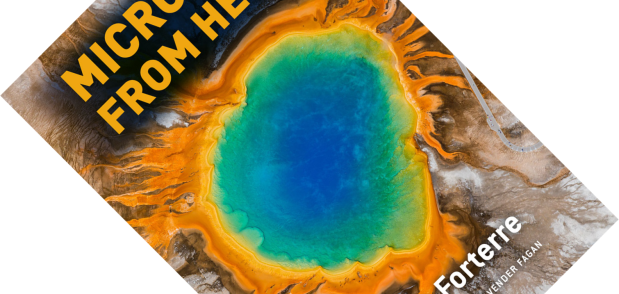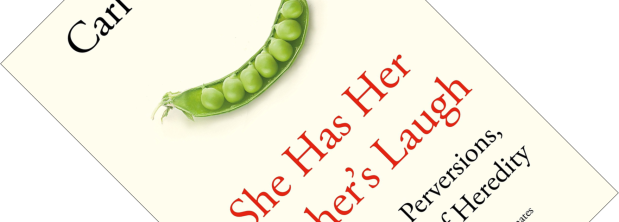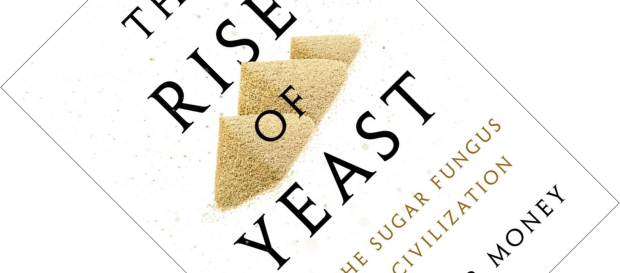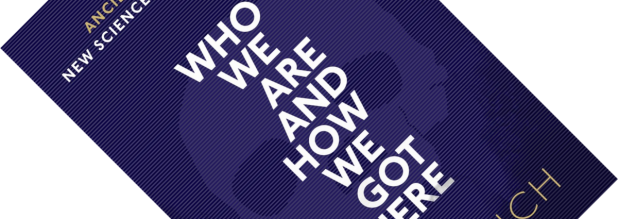I recently read about the American microbiologist Carl Woese (1928-2012) and his discovery of a completely new group of single-celled organisms, the Archaea, in Quammen’s book The Tangled Tree: A Radical New History of Life. These mysterious microbes thrive under extreme environmental conditions, so I was intrigued and keen to find out more. The French microbiologist Patrick Forterre here describes these microbes, the research that led to their discovery, and the questions and answers this has thrown up. Originally published in French in 2008 as Microbes de l’Enfer, The University of Chicago Press has now made this book available in English to a wider audience.
genomics
Book review – She Has Her Mother’s Laugh: The Powers, Perversions, and Potential of Heredity
If Charles Darwin were to walk into my office today and ask me: “So, what did I miss?” I think I would sit the good man down with a copy of She Has Her Mother’s Laugh, telling him: “Here, this should get you up to speed”. Darwin struggled to explain how traits were being inherited from generation to generation. As New York Times columnist Carl Zimmer shows in this wide-ranging book, the story of heredity has turned out to be both diverse and wonderful, but has also been misappropriated to prop up some horrible ideologies.
Book review – The Rise of Yeast: How the Sugar Fungus Shaped Civilisation
From the Giza-pyramid-complex-shaped mountains of dried yeast, to the visual joke on the spine (I see what you did there), The Rise of Yeast is an amusing read about fungus. In case you find that hard to believe, Nicholas P. Money, mycologist and professor of Botany, has been waxing lyrically about micro-organisms for years. Here, he highlights the humble yeast and how it has shaped human history. For without yeast there would be neither bread nor booze.
Book review – Who We Are and How We Got Here: Ancient DNA and the New Science of the Human Past
You may have missed it, but archaeology is undergoing a silent revolution. The story of our deep history used to be based on skeletal remains, linguistics, and the analysis of objects and tools our ancestors left behind, but since about three years archaeologists have a new tool in their arsenal. The analysis of DNA from old bones, or ancient DNA. David Reich has been at the forefront of developing this technique and argues that it is rewriting most of what we thought we knew about the last 350,000 years or so of human history. Brace yourself, things are about to get complicated…




